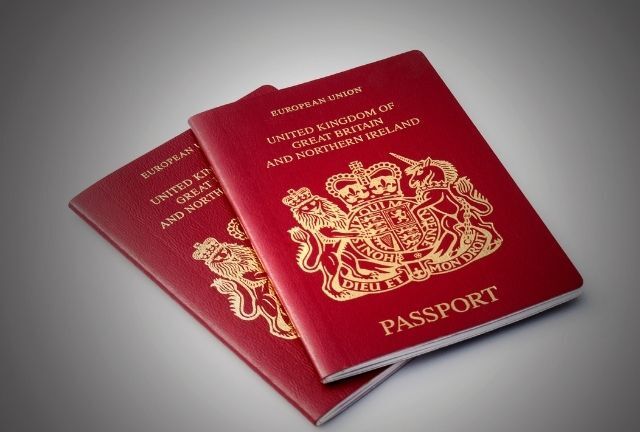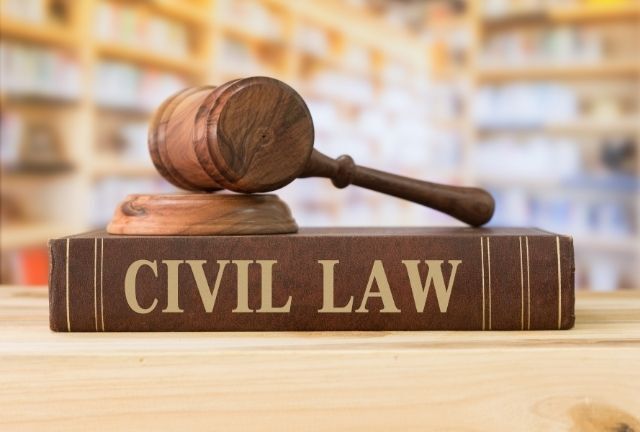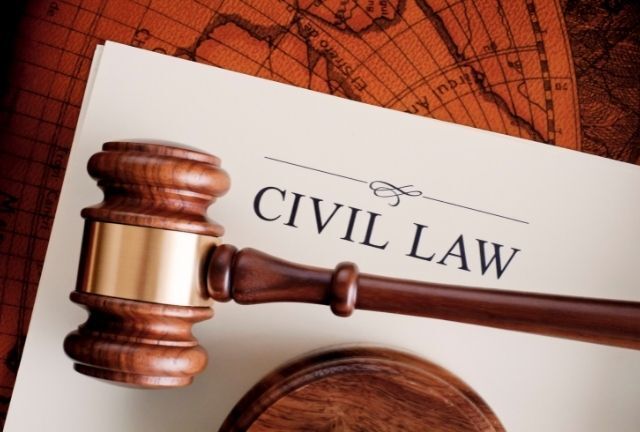The Use of Experts Reports Before Dubai Courts prior to Litigation and Arbitration
01 August 2017
By Samer Abou Said , Counsel, The Firm
Introduction
Some UAE companies that are owed monies by the opposing parties are increasingly resorting to filing applications before UAE courts for the appointment of experts to assess the amounts owed in order to put pressure on the other party and in a desperate attempt to avoid costly litigation or to obtain better terms for settlement.
In another article of this issue, we explain how many subcontractors are running into recovery problems due to the high costs of legal proceedings, particularly if the dispute is subject to arbitration. One of the recent trends that we have witnessed is the use of expert reports as a means of putting pressure on the other party. The outcome of this method is rather controversial and not always effective.
Can the Application for Expert Appointment Enhance the Claimant’s Position?
It is very common for UAE courts to appoint experts to prepare a report in the case before them pursuant to Article 69 of the UAE Federal Evidence Law for Civil and Commercial Transactions. This practice is widely relied upon in the overwhelming majority of the cases, even where the expertise requirement is not obvious.
This overreliance stems on many occasions from the lack of sufficient documents in the hands of one party that supports their claim in the absence of a discovery process like that available in common-law jurisdictions.
The ordinary practice is that the court would either suo moto
appoint an expert through a preliminary judgment following the end of submissions, or upon the request of a party.
However, following the establishment of the Dubai Amicable Dispute Resolution Centre, litigants now have a new forum (it is an option and not mandatory) in which they may request the appointment of an expert through the Centre before filing their claims before the relevant court.
Under the Centre’s rules, a party can request the appointment of any expert for a sum of AED 12,000 if it is not seeking a monetary claim. The trending practice is seen by some as a way in which a claimant can put pressure on the opposing party prior to issuing the claim before Dubai courts.
An expert report that favours the applicant may enhance its position and could persuade the other party to settle the dispute amicably having had a glimpse of what the evidence against them would be if the case proceeded to the court.
The applicant can rely on the expert report later before the court if it decides to commence proceedings and the court would admit it as evidence where the probative value is subject to its sole estimate. However, the court is not bound to accept the expert report’s conclusions, and it has the discretion to appoint another expert.
Notwithstanding the outcome of the expert’s report, the report itself can be a way to evaluate the strength of the case and act upon it accordingly. However, it should be noted that the parties can still proceed directly to the court without appointing an expert, or can request to appoint an expert during the proceedings.
Appointing Experts in Disputes Subject to Arbitration
Similarly, we have seen that some parties make applications before the Centre (Dubai) or directly before the court (Abu Dhabi) to have an expert appointed even where the dispute is subject to arbitration. The effectiveness of such practice is questionable and it is usually relied upon to avoid the arbitration fees or in an attempt to avoid the arbitration clause in the event the defendant commits a mistake indirectly by recognizing the jurisdiction of the courts.
Notwithstanding that it can be a way to put pressure on the opposing party, the expert report would have lower probative value before the arbitral tribunal because the expert has no duty towards the tribunal.
This is because the appointment of the expert is under the supervision of the Centre (affiliated to Dubai courts) or the courts if in Abu Dhabi where the appointed experts are selected from the roll of experts maintained by the court, hence providing a certain degree of credibility to the expert’s opinion. However, this does not apply to the tribunal that is not necessarily prone to recognise the professionalism or neutrality of the expert.
On the other hand, UAE courts have recognised the right of a party to appoint an expert in a dispute subject to arbitration. In a ruling issued in Petition No 475/2016 (Commercial) in 2016, the Court of Cassation of Abu Dhabi reversed a judgment of the Court of Appeal, deciding that a party can apply for the appointment of an expert in spite of the presence of the arbitration agreement if such agreement does not expressly state that the tribunal has the jurisdiction to rule on conservatory and precautionary measures related to the dispute.
The Court added that the arbitral tribunal cannot decide such matters (conservatory and precautionary) without the agreement of the parties to grant it such right.
The Court’s decision explained that the application to appoint an expert is tantamount to a request for “determination of the status” pursuant to Article 68 of UAE Federal Law No 10/1992 (“Evidence Law”). Such determination does not have any impact on the merits of the case, the adjudication of which remains subject to the substantive case.
Conclusion
Seeking a court-appointed expert report through the Centre in Dubai or through the courts in Abu Dhbai prior to the substantive claim appears to be more relevant if the claim is to be filed before the courts, particularly if the dispute is complicated and a party lacks the supporting evidence.
That being said, the efficacy of appointing an expert in a dispute subject to arbitration seems questionable due to the reasons mentioned above and because it is likely to result in additional expenses and delay of proceedings for several months without reaching the expected outcome. Nevertheless, even where the dispute is subject to arbitration, appointment of an expert before courts may serve other goals of the party seeking it
“Contents of this article are for general informational purposes only. It is not intended as professional counsel and should not be used as such.”
















